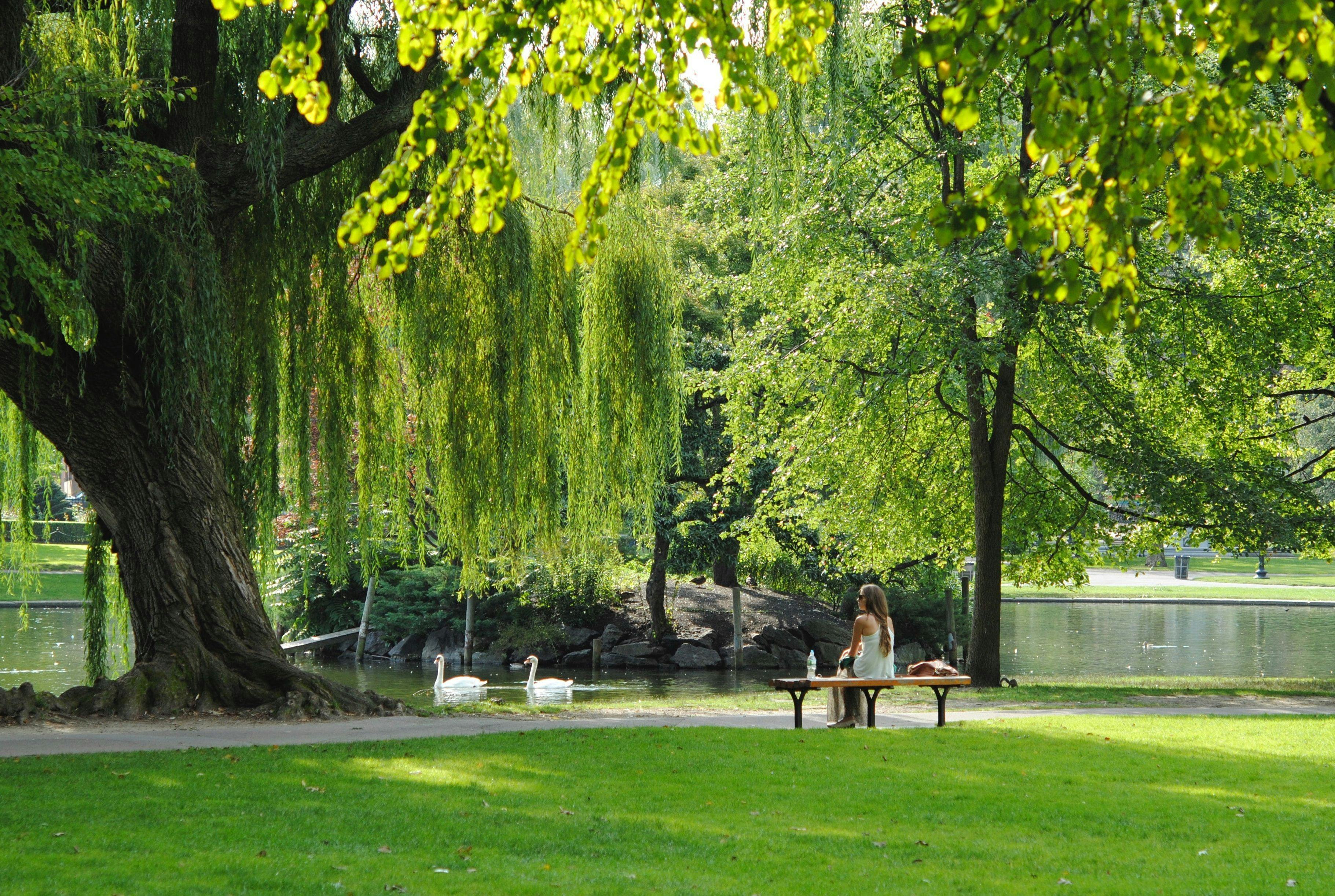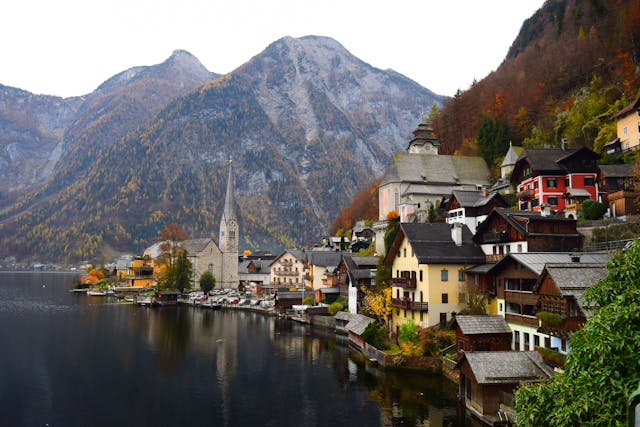Public spaces, but privately owned: Luxembourg requires unified legal regulation

Public spaces play a crucial role in the democratic process of any society. Luxembourg, like many other countries, has a long history of public demonstrations and gatherings that have played a significant role in shaping its political, social, and economic landscape. But the ambiguity and inconsistencies of the existing rules were revealed by the women's march that took place on March 8.
The primary problem was that Hamilius Square, where the march was planned, is managed by Firce Capital. As a result, the city first prohibited the demonstration in this public space but facing the dislikes of the community, they approved it the very next day.
The representatives of Firce Capital stated that they had not been contacted by the organizers of the demonstration, nor by the municipal authorities. Consequently, the company had nothing to do with the controversy that arose.
The square is the property of the city. In this case, it is sufficient to notify the mayor's office of the date of the demonstration, since it is not possible to prohibit such things — public spaces are essential for the exercise of free speech and the expression of political opinions. The right to peaceful assembly and free expression is enshrined in the Universal Declaration of Human Rights, which Luxembourg has ratified.
Public spaces are supposed to be for all to use. Therefore, everyone should have the opportunity to contribute to discussions on the development of these spaces. It is precisely for this reason that the City of Luxembourg, through its Service Espace public, fêtes et marches (Department of Public Spaces, Festivals and Markets Department), carries out public consultations before, or possibly during, and after redevelopment works. — Ville de Luxembourg
It is more difficult when the public space belongs to private hands. For example, the train station square, which belongs to the CFL. On the one hand, it is a public area, and a request to City Hall would seem to be sufficient. On the other hand, for private spaces, permission to hold any activities from the owner is also required.
Luxembourg has several public spaces, including parks, gardens, and squares, such as Place d'Armes, Place Guillaume II, Parc de la Pétrusse, and Parc Tony Neuman. The website of Luxembourg City lists 13 public spaces, where citizens can perform, gather and do things with approval from the government.
Open public spaces are essential for holding those in power accountable. By allowing citizens to gather and express their opinions freely, public spaces provide a means for citizens to hold those in power accountable for their actions. This, in turn, contributes to a more transparent and accountable government, which is essential for the functioning of a democratic society.
Luxembourg definitely needs a more transparent and clearer regulatory structure to avoid ambiguity. Perhaps a uniform regulation would suffice as it would be concerned with public order, safety, and health.





